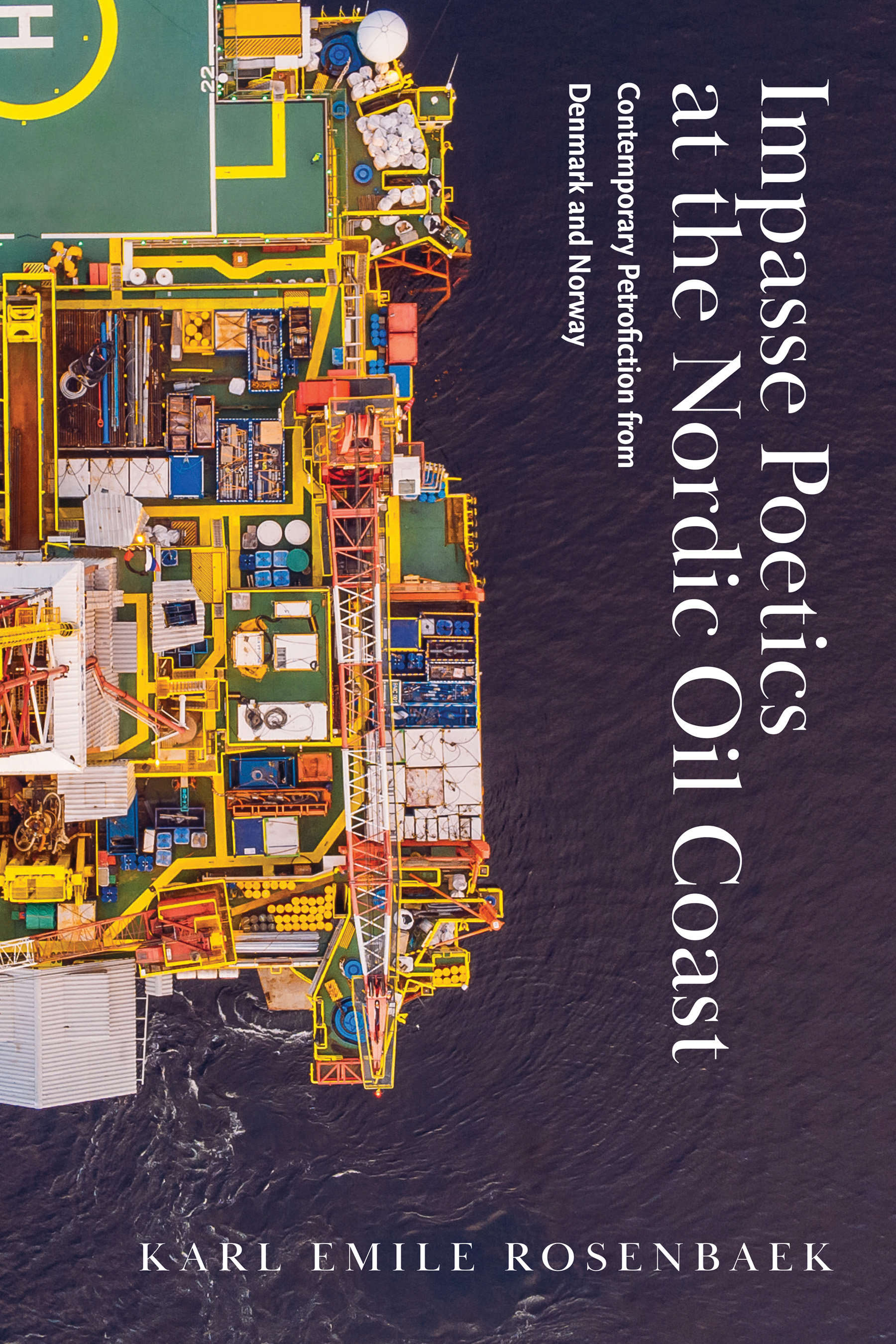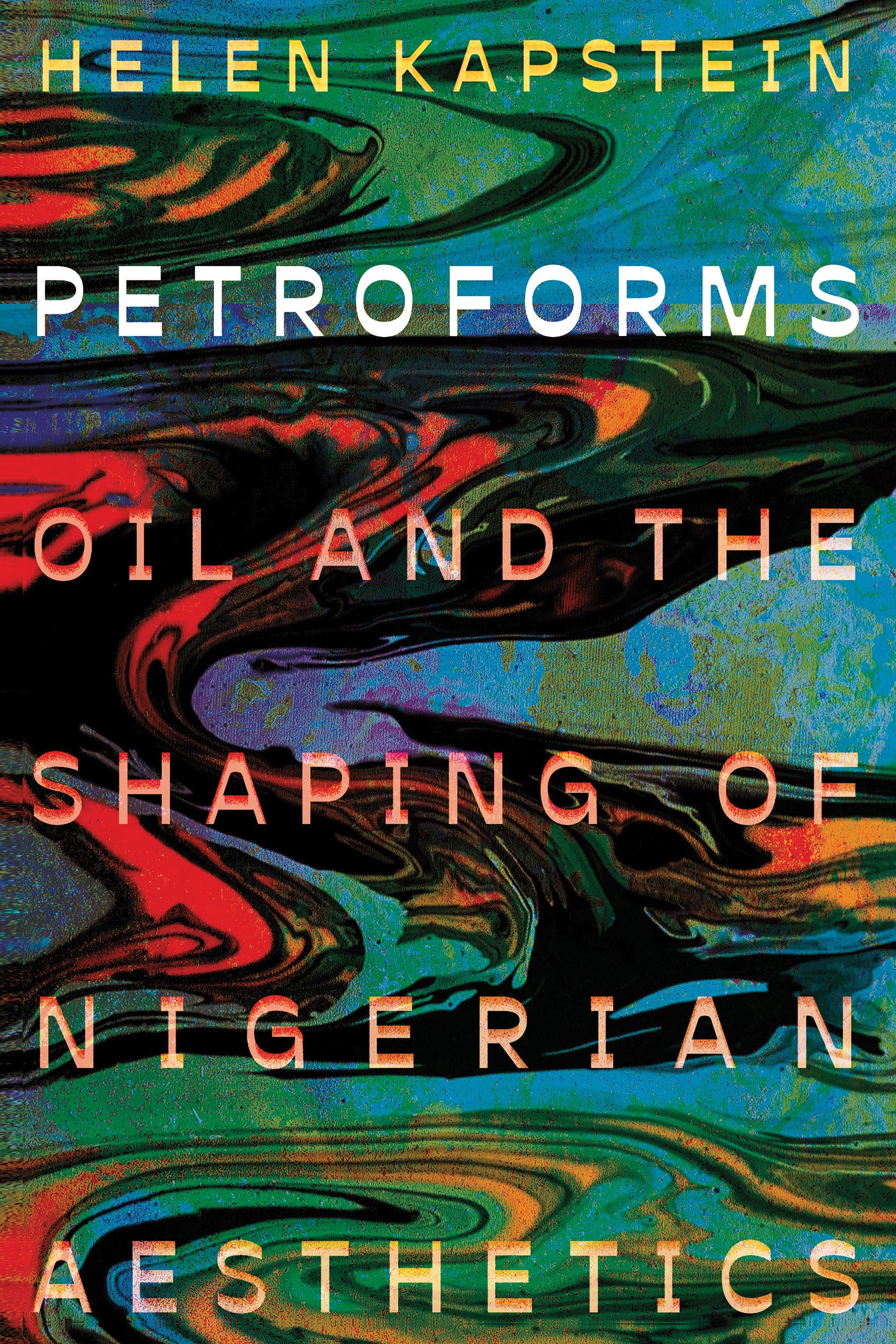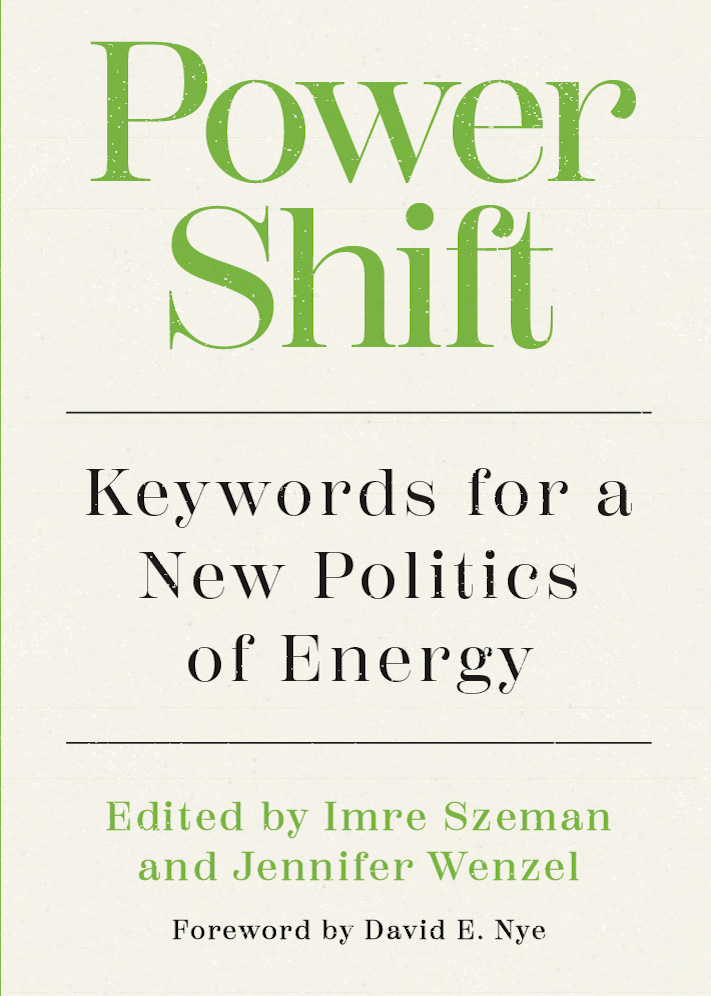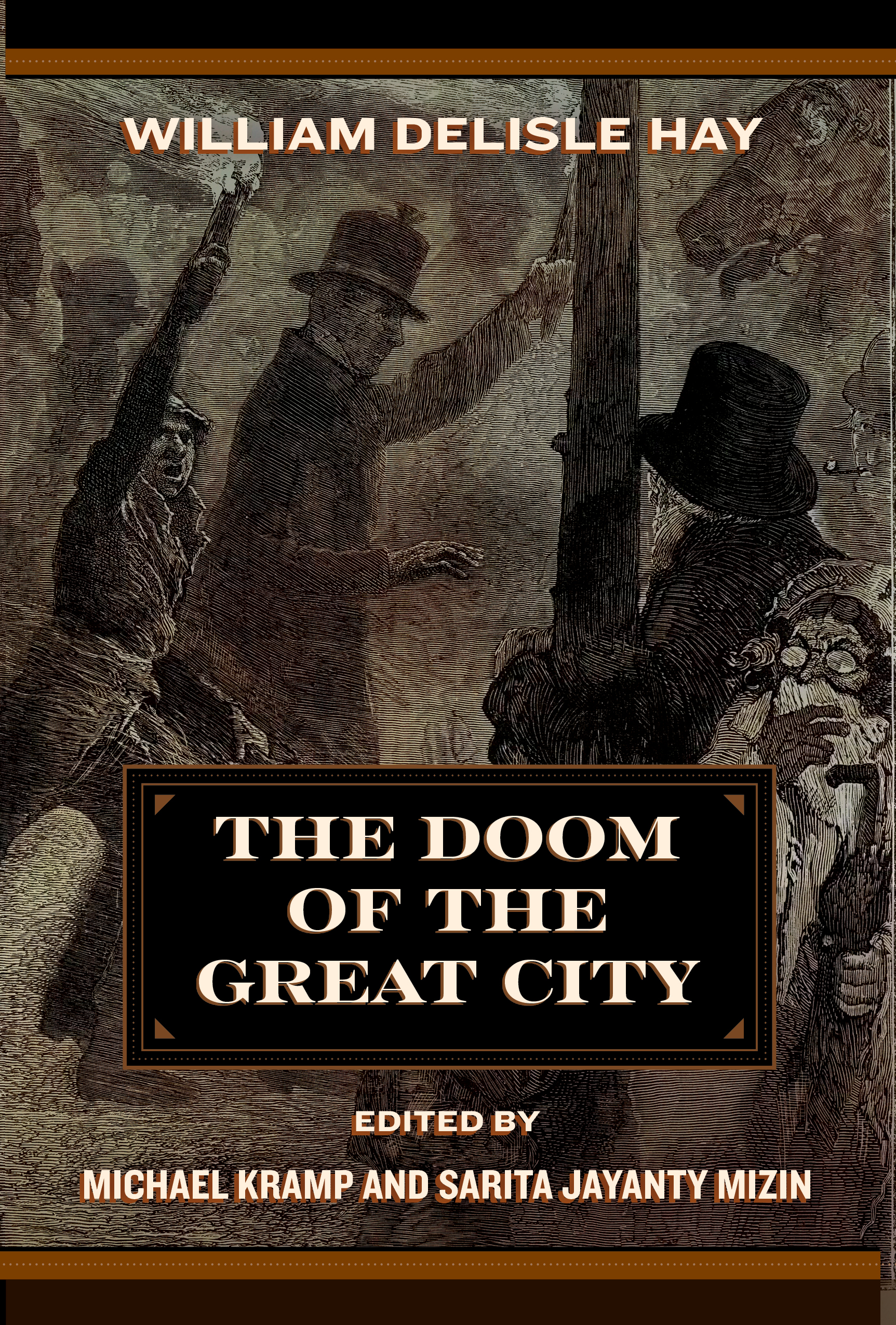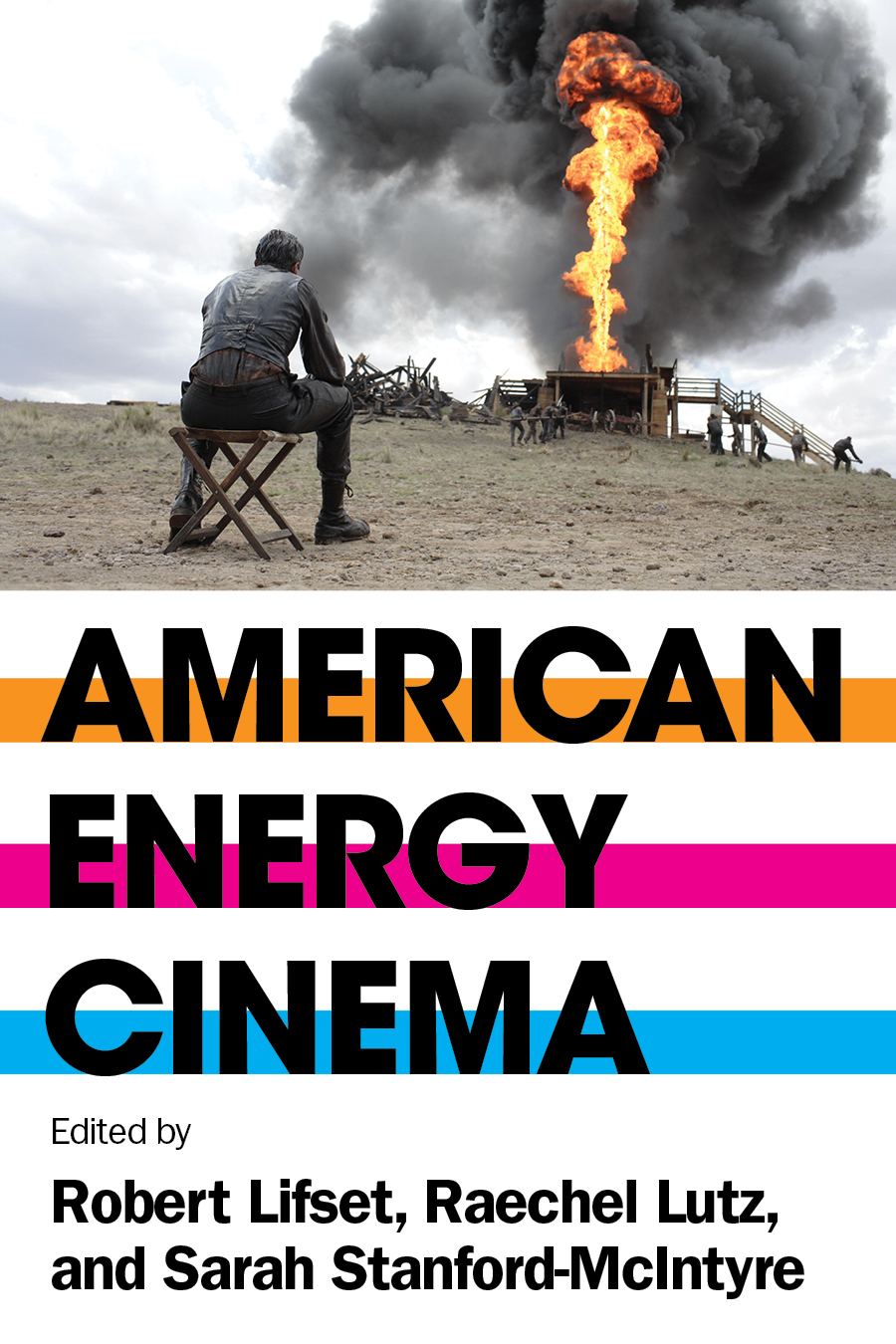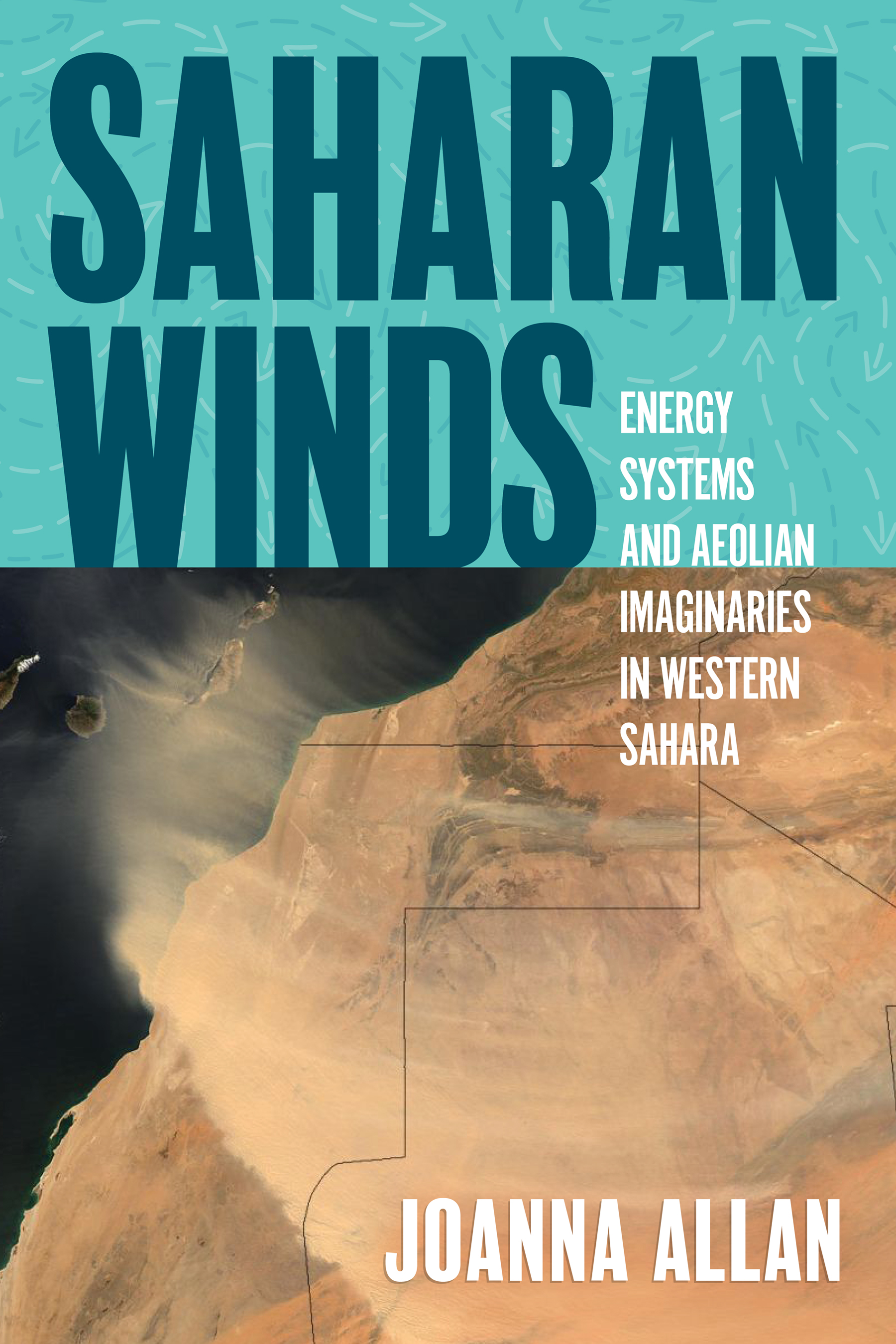
Joanna Allan
October 2024
274pp
PB 978-1-959000-23-5
$29.99
eBook 978-1-959000-24-2
$29.99
Energy and Society Series
Saharan Winds
Energy Systems and Aeolian Imaginaries in Western Sahara
Summary
Winner, ASLE-UKI Critical Book Prize, 2025
Finalist, Ecocritical Book Award, 2025
Association for the Study of Literature and Environment (ASLE)
Longlisted, Bread and Roses Award for Radical Publishing, 2025
As climate crisis ensues, a transition away from fossil fuels becomes urgent. However, some renewable energy developments are propagating injustices such as landgrabs, colonial dispossession, and environmentally destructive practices. Changing the way we imagine and understand wind will help us ensure a globally just wind energy future.
Saharan Winds contributes to a fairer energy horizon by illuminating the role of imaginaries—how we understand energy sources such as wind and the meanings we attach to wind—in determining the wider politics, whether oppressive or just, associated with energy systems. This book turns to various cultures and communities across different time periods in Western Sahara to explore how wind imaginaries affect the development, management, and promotion of wind farms; the distribution of energy that wind farms produce; and, vitally, the type of politics mediated by all these elements combined. Highlighting the wind-fueled oppression of colonial energy systems, the book shows the potential offered by nomadic, Indigenous wind imaginaries for contributing to a fairer energy future.
Contents
Acknowledgments
Introduction
1. The Sea without Water: Navigators, Traders, and Wind Pathologies in Western Sahara
2. The Red Wind: Aeolian Anxieties and Energy Infrastructure in Spanish Sahara
3. The Tamed Winds: Siemens and Settler Colonialism in Moroccan-Occupied Western Sahara
4. The Tallīya: Saharawi Perceptions of an Oppressive Energoregime
5. The Gallāba: Windblown Desertscapes and the Friendship Generation
6. The Īrīfī: Wind as Harbinger in Arabic-Language Cultural Production
7. The Gblīya: Electricity in the Camps and a Nomadic Energy Future
8. The Sirocco: Saharan Winds and Solidarity in Spanish Writing and Art
Conclusion: The Ǧalūāǧ
Glossary
Notes
Bibliography
Index
Author
Joanna Allan is an associate professor in global development at Northumbria University, UK.
Reviews
"The mixture of archival, literary and fieldwork-derived ethnographic material is innovative and inspiring within the field of energy humanities."
—Dominic Boyer, author of Energopolitics: Wind and Power in the Anthropocene
"A novel approach into the intersection between colonialism and wind energy extraction."
—Alexander Dunlap, coeditor of Enforcing Ecocide: Power, Policing & Planetary Militarization



